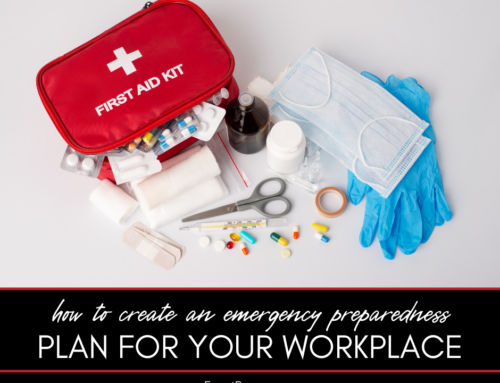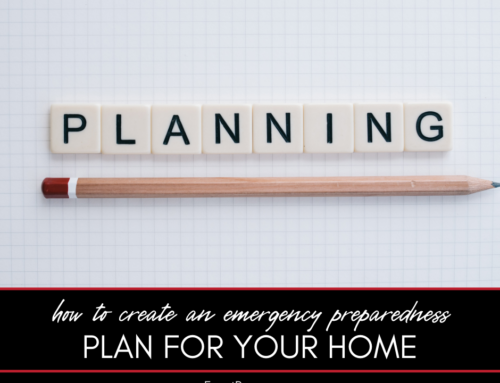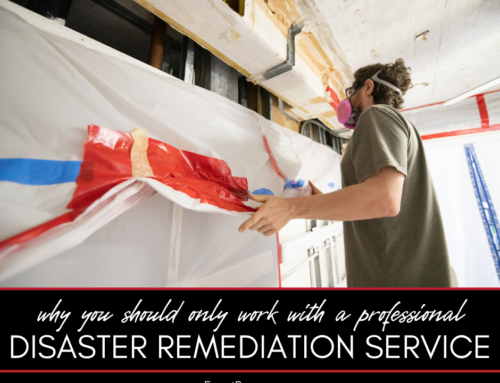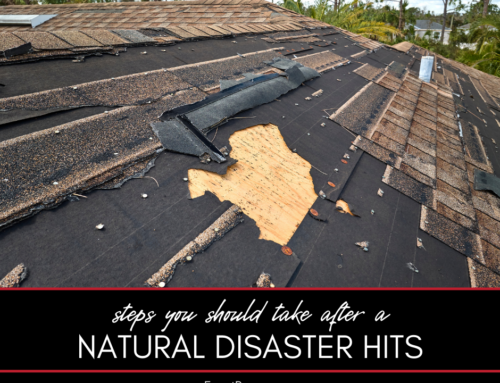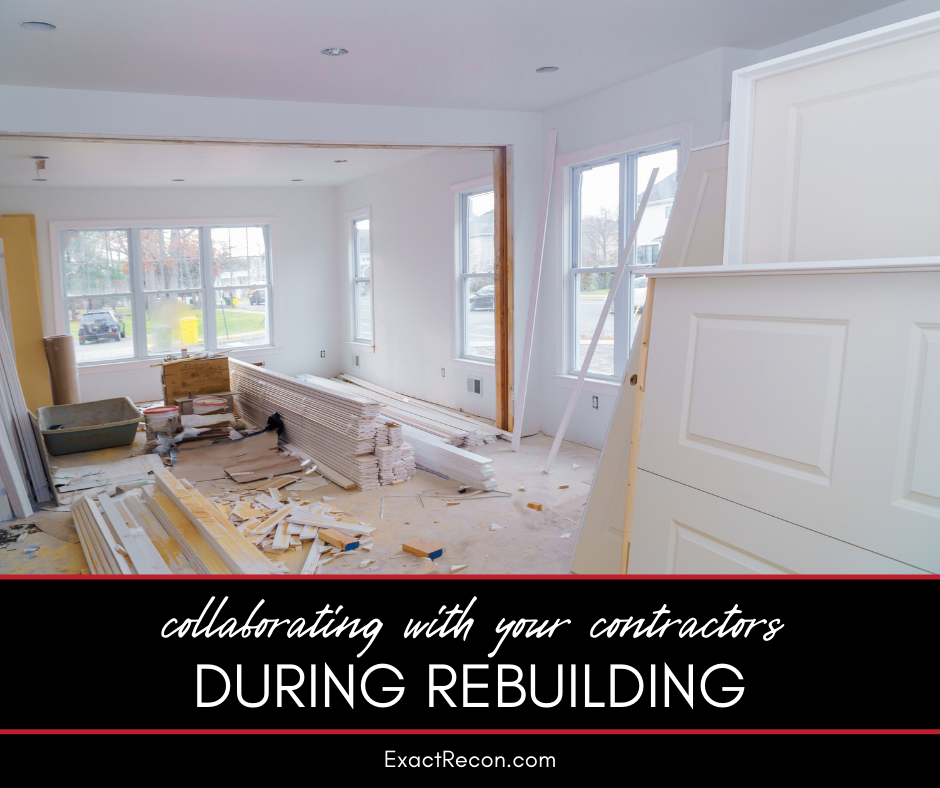
Rebuilding your home after a disaster can be a complex process, but effective collaboration with contractors can make it much smoother. As a homeowner, understanding how to work with disaster remediation companies can help expedite the rebuilding process and ensure the desired outcome.
Collaborating with Contractors During Rebuilding
This guide explains the following:
- Establishing clear communication with your contractor
- Understanding the scope of work and timelines
- Being proactive in decision-making
- The importance of regular check-ins and updates
- Handling changes and unexpected issues
- Ensuring proper documentation and contracts
- Providing feedback and working towards resolution
Here’s a closer look at each.
Establishing Clear Communication with Your Contractor
Open and clear communication is key. From the outset, establish how and when you’ll communicate with your contractor. Whether it’s through emails, phone calls, or regular meetings, choose a method that works best for both parties.
Related: Everything you need to know about disasters
Understanding the Scope of Work and Timelines
Make sure you understand the scope of work and the projected timelines. Ask your contractor to explain the process, including what will be done, how long it will take, and what your role will be during the process.
Being Proactive in Decision-Making
Stay proactive in making decisions related to the rebuilding process. Whether it’s choosing materials or approving plans, timely decisions can prevent delays in the project.
The Importance of Regular Check-Ins and Updates
Schedule regular check-ins with your contractor to receive updates on the progress. This not only keeps you informed but also allows you to address any concerns promptly.
Handling Changes and Unexpected Issues
Be prepared for unexpected changes or issues that might arise during the rebuilding process. Work with your contractor to understand the implications of these changes and the best course of action to take.
Ensuring Proper Documentation and Contracts
Ensure all agreements, changes, and decisions are documented. This includes having a detailed contract, change orders, and records of all communications. Proper documentation can help prevent misunderstandings and disputes.
Related: Burst pipes, basement floods and other types of water damage
Providing Feedback and Working Towards Resolution
Provide feedback to your contractor throughout the project. If issues arise, discuss them constructively and work together towards a resolution, keeping the end goal of restoring your home in mind.
FAQ About Collaborating with Contractors
How Often Should I Expect Updates from My Contractor?
The frequency of updates depends on the agreement with your contractor. However, weekly updates are common in most rebuilding projects.
Can I Make Changes to the Plan After Work Has Begun?
Changes can be made, but they may affect the timeline and cost. Discuss any desired changes with your contractor to understand their impact and to modify the contract accordingly.
Related: How to prepare for Michigan’s storm season
How Can I Ensure My Preferences Are Considered in the Rebuilding Process?
Clearly communicate your preferences and expectations from the beginning. Provide specific details or examples if possible, and ensure they are included in the contract.
In conclusion, successful collaboration with contractors during the rebuilding process is key to ensuring a smooth and efficient restoration of your home. By maintaining clear communication, staying proactive, and ensuring all decisions and changes are properly documented, you can effectively navigate the challenges of rebuilding. Remember, a collaborative approach not only facilitates the restoration process but also helps in achieving the desired outcome for your restored home.
Do You Need a Disaster Remediation Expert in Washtenaw County or Jackson County?
If your home has already been damaged, we can help. Check out our services and call Exact Recon for your free disaster remediation quote today. We offer:
- Water damage restoration
- Fire damage restoration
- Mold removal and remediation
- Fire and smoke restoration
- Sewer cleanup and disinfecting
- Reconstruction
- Wind and storm damage repair



